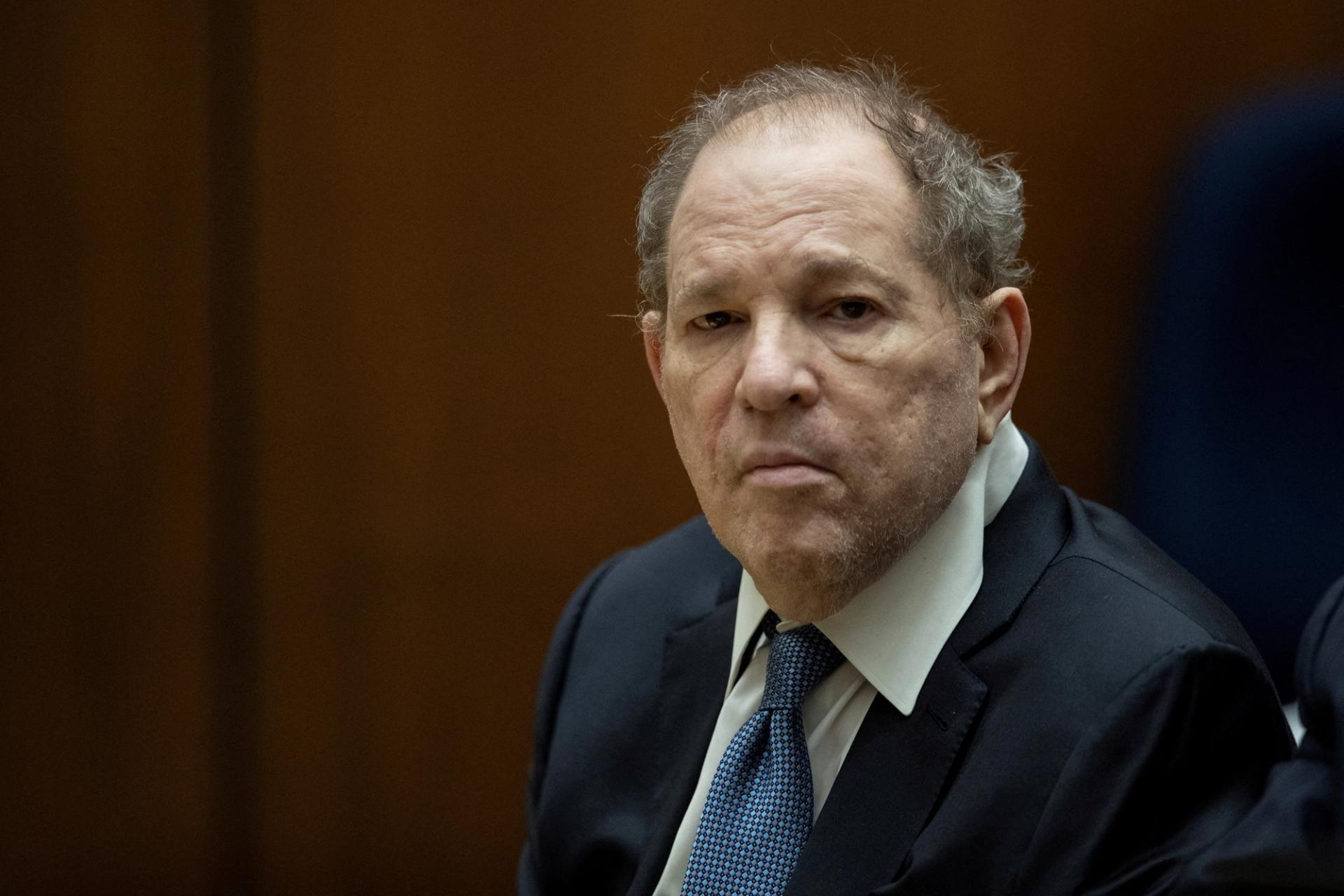The News
New York’s highest court on Thursday overturned former Hollywood producer Harvey Weinstein’s 2020 sexual assault conviction, declaring he didn’t receive a fair trial.
The New York Court of Appeals’ judges found that the trial judge overseeing the case erred in allowing the testimony of four women who told the jury about interactions with Weinstein that weren’t part of the crimes he was charged with.
Weinstein, who is serving his sentence in the case in upstate New York, won’t be released, The New York Times reported. Instead, he will processed and sent to California, where he was sentenced in 2022 to 16 years in prison on a rape conviction.
The Manhattan district attorney’s office could also choose to retry him on the New York charges.
Dozens of women accused Weinstein of sexual misconduct, helping spark the global #MeToo movement as women shared accounts of assault and harassment by powerful men.
SIGNALS
Weinstein case was always ‘fragile’
The court’s decision may seem like a stunning reversal, but the New York case against Weinstein “has been fragile since the day it was filed,” wrote Jodi Kantor, one of the New York Times reporters who first revealed the allegations against Weinstein. Many of the accusations against the producer constituted civil, not criminal, violations, or fell beyond the statute of limitations. So prosecutors moved forward with charges pertaining to two victims, and took the gamble of calling other accusers as witnesses “to establish a pattern of predation.” Those encounters weren’t directly related to Weinstein’s charges, and the appeals court found that “no person accused of illegality may be judged on proof of uncharged crimes.”
Accusers ‘flabbergasted’ by decision
Women who accused Weinstein of sexual assault denounced the court’s decision. “I’m completely let down by the justice system right now. I’m sort of flabbergasted,” said Katherine Kendall, an actress. An attorney who represented eight accusers, said the decision “is a major step back in holding those accountable for acts of sexual violence,” arguing that courts routinely allow evidence of uncharged acts “showing the scheme of the defendant.” But the convictions against Weinstein — once arguably “the most powerful man in Hollywood” — fully shut the door on his future in the entertainment industry, The Hollywood Reporter wrote.
Global #MeToo movement had victories, but structural progress is slow
The allegations against Weinstein sparked a global movement, the impact of which is still felt in some countries. Even in China, where many #MeToo allegations are censored, especially those made against government officials, victims have had some legal victories. The country officially made sexual harassment a legal offense for the first time in 2021, and allegations against a well-known Chinese screenwriter last year rekindled interest in the movement. In South Asia, #MeToo has created more space for activism, but “the social taboo surrounding discussions of sexual experiences, harassment, and other forms of violence is a constant barrier to the storytelling process,” the Harvard International Review wrote. Dozens of prominent actresses and models have come forward with stories of abuse, but the pace of structural progress remains slow.

